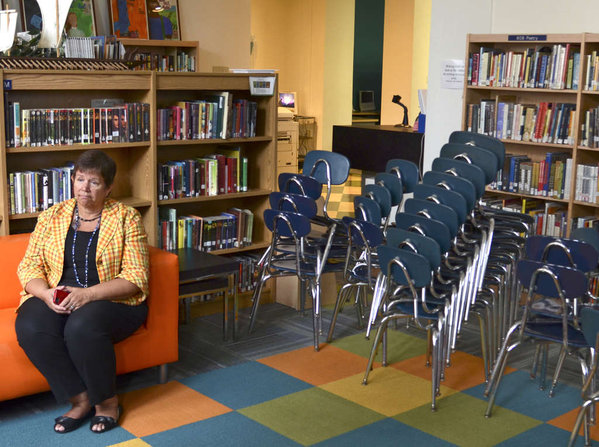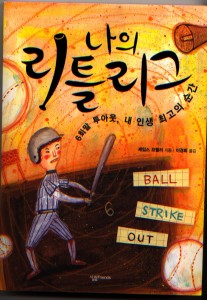
PHOTO: Tom Gralish.
–
I’m primarily writing to pass on a link about school libraries. Maybe the article states the obvious. Essential stuff we already know, or certainly sense. I realize that I’m preaching to the choir here. But what I’ve come to believe in life, and politics, is that it’s important to preach to the choir. That’s how we can all open the hymnal to the same page, how we all sing out together, loud and clear. Not a bunch of scattered voices, but a powerful choir.

Here’s the link to a terrific article by Carol Heinsdorf and Debra Kachel, “School Libraries Are Essential to Learning,” along with a copy of the first few paragraphs. Their immediate focus is on Philadelphia public schools, but this represents a national trend:
In 1991, there were 176 certified librarians in Philadelphia public schools. This year there are 11 and only five are known to be actually doing what they were trained to do. Five librarians for the nation’s eighth-largest school district.
Leaving Philadelphia’s public school libraries without professional staffing is a grave mistake. It will have consequences for the students for the rest of their lives. Study after study shows a clear link between school libraries staffed by certified librarians and student achievement.
In 2012, research showed that students who had school library programs and certified librarians were more likely to have advanced reading and writing scores on the Pennsylvania System of School Assessment (PSSA) tests. And they were less likely to have “below basic” scores.
The same study found that school library programs have their greatest impact on students who are economically disadvantaged, black, Hispanic, or have disabilities. African American students in schools with certified librarians are twice as likely to earn advanced writing scores as those in schools without librarians.
A Mansfield University paper that looked at studies done in 23 states verified that schools with a trained librarian – someone who teaches students and works with teachers to develop information and research skills – have a consistent positive effect on student achievement regardless of demographic and economic differences among students.
In my professional life, I’ve been fortunate to walk into hundred of schools around the country as a guest author. Increasingly, I see libraries that are understaffed, and I meet librarians who are tasked to provide full-time services on part-time pay (and hours). On many days, these librarians are simply not in the building. In many schools, the library is increasingly marginalized and treated as non-essential — though, of course, no one on a school board ever admits to that out loud. “We may have cut the job in half,” they will tell anyone who’ll listen, “but it will not effect our children.”
Sorry, folks, but I’m calling bull***t.
This trend is true even in my own supposedly “quality” Bethlehem school district, in a relatively affluent suburb of Albany, NY. Former full-time librarians are now commuting between schools, splitting time and services. It’s a huge problem in New York, since the contract does not mandate a full-time librarian position (as opposed to, say, a P.E. instructor). A library should be the heartbeat of an elementary school. And in great schools, it clearly
serves that central, essential function. The librarian, or Media Specialist (if you prefer),
interacts with every child, in every grade, often across six years of learning. Consider that for a moment, the broad impact of that one person. A librarian works with and supports  classroom teachers. And in response to this reality, the political leaders in our educational system can only think to fire those people, or force them to split schools, while they increasingly focus on standardized tests, purchasing more technology, saving pennies and wasting dollars.
classroom teachers. And in response to this reality, the political leaders in our educational system can only think to fire those people, or force them to split schools, while they increasingly focus on standardized tests, purchasing more technology, saving pennies and wasting dollars.
It’s so maddening, and so wrong-minded, I could scream. And that’s why we preach to the choir. Because maybe if we all scream together, somebody will hear our cry.













